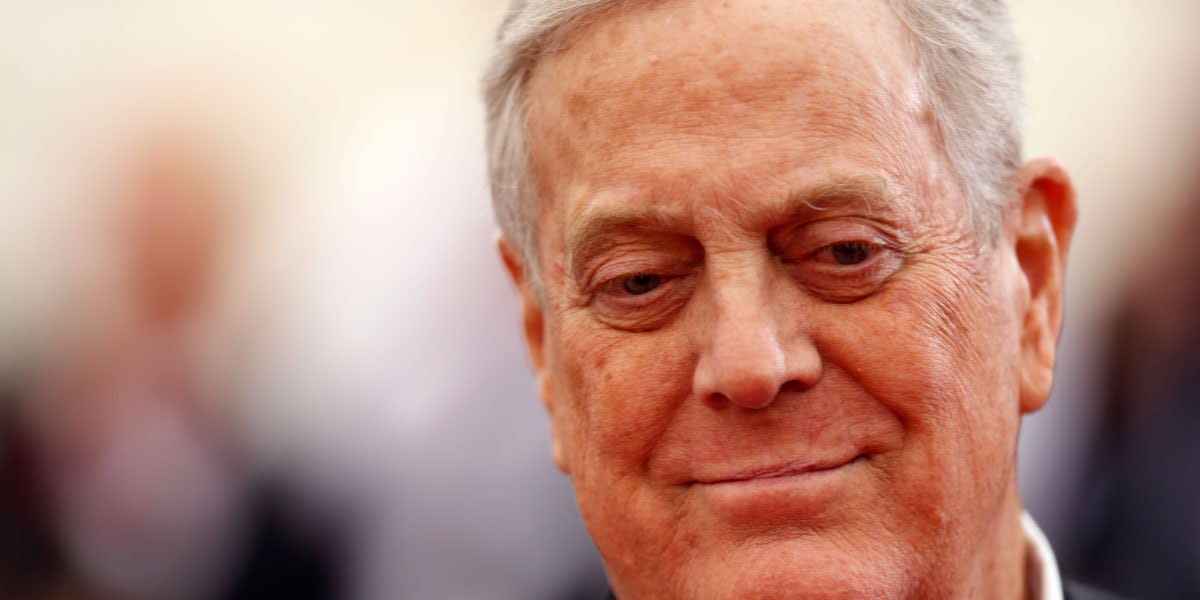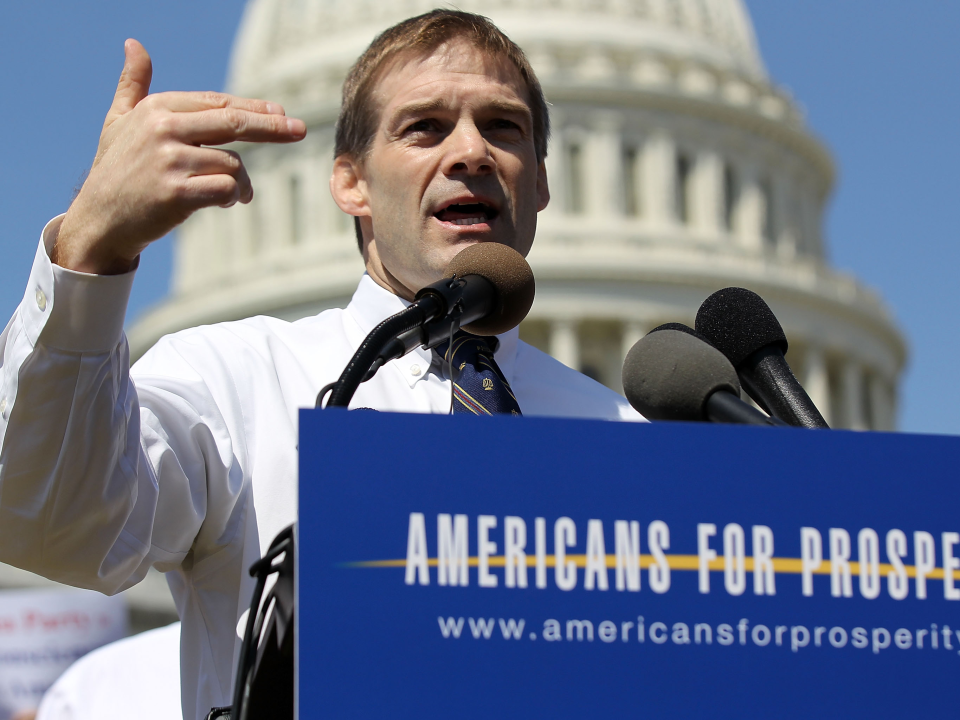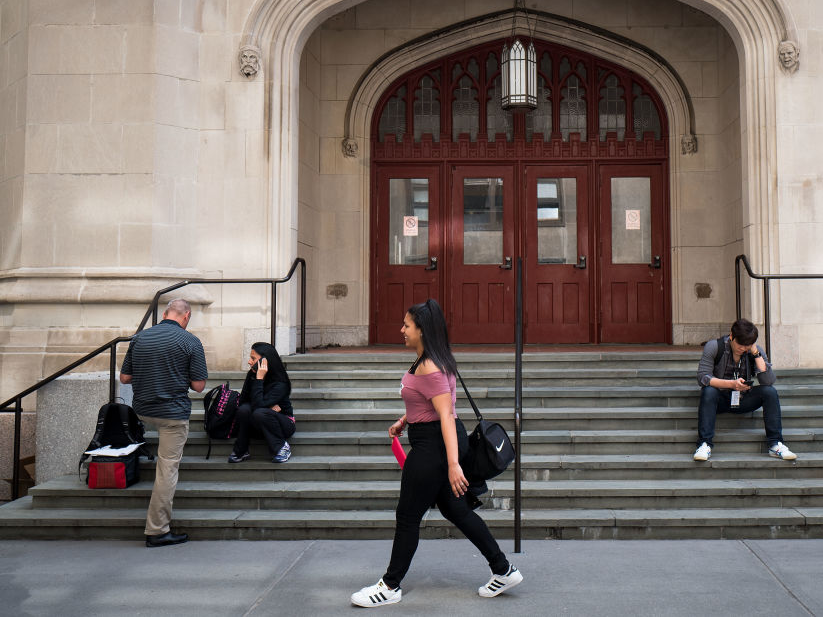How the Koch brothers used their massive fortune to power a conservative crusade that reshaped American politics

REUTERS/Carlo Allegri
Billionaire industrialist and Republican megadonor David Koch died Friday at the age of 79.
With a net worth of around $50.5 billion, Koch donated over $1.3 billion to charity, including gifts to prominent New York City institutions like the Metropolitan Museum of Art.
He also helped power a conservative crusade that profoundly reshaped American politics.
Since the 1970s, he and his brother Charles personally donated at least $100 million to aid the rise of the Tea Party movement and bolster the Republican Party, according to The New York Times.
They also built an influential network of donors aligned with their libertarian ideals of free-markets, lower taxes, and shrinking the size of the federal government.
Here's a look at how the Koch brothers realigned the nation's politics with their libertarian brand of conservatism.
Billionaire industrialist and Republican megadonor David Koch died on Friday at the age of 79.
With a net worth of around $50.5 billion, Koch was one of the world's richest people, largely the product of a 42 percent stake in the Kansas-based Koch Industries. He donated over $1.3 billion to charity, including gifts to prominent New York City institutions like the Metropolitan Museum of Art. He supported same-sex marriage, which set him apart from traditional Republicans.
He helped power a conservative crusade that profoundly reshaped American politics.
In recent decades, David and Charles Koch became a colossal political force. Since the 1970s, they personally donated at least $100 million to aid the rise of the Tea Party movement and bolster the Republican Party, according to The New York Times.
They built an influential network of donors aligned with their libertarian ideals of free-markets, lower taxes, and shrinking the size of the federal government. As their network poured money into recent election cycles, critics assailed it as the "Kochtopus."
Read more: Billionaire industrialist and conservative mega-donor David Koch has died at age 79
The Koch brothers also funded initiatives that undercut climate science, and both "vehemently opposed the government taking any action on climate change that would hurt their fossil fuel profits," author Jane Mayer wrote in her book "Dark Money."
Here's a look at how the Koch brothers realigned the nation's politics with their libertarian brand of conservatism.
David Koch ran as the vice-presidential candidate for the Libertarian party in 1980, attacking campaign donation limits and calling for the repeal of laws criminalizing drug use and homosexuality. The loss compelled him to reevaluate his political approach, planting the seeds for the extensive donor network he would help create.

Associated Press/Randy Rasmussen
Source: The New York Times
The Koch brothers founded Americans for Prosperity in 2004, now one of the most influential conservative political organizations. It counts more than 700 wealthy donors in its ranks and has chapters in 36 states. Its influence is only rivaled by the Republican Party.

Alex Wong/Getty Images
Source: The Wall Street Journal
The Koch Brothers were credited with financially aiding the rise of the Tea Party movement, which wrested control of the House for Republicans in the 2010 midterms at the tail end of President Barack Obama's first term.

AP
Source: TIME
The Kochs backed the American Legislative Exchange Council, an organization of conservative state lawmakers and business lobbyists. They've drafted "model legislation" that lawmakers have introduced to cut taxes, weaken environmental protections, and promote other conservative ideas. More than 600 of them have become law across the US.

Phelan M. Ebenhack / AP Images
Source: USA Today
The Kochs have used their network to support academic programs and centers at colleges across the nation that teach conservative economic principles and theories. Its generated controversy from critics who argue it gives conservative organizations too much power in hiring and firing professors and researchers.

Drew Angerer/Getty Images
Source: Center for Public Integrity
As key players in the fossil fuel industry, the Koch brothers staunchly opposed efforts to fight climate change and have downplayed its risks. After the Supreme Court's decision in Citizens United in 2011, the Kochs unleashed a wave of political advertising to elect Republicans who wouldn't pass new environmental regulations.

YouTube/CBS This Morning
Sources: Washington Post, The New York Times
During the 2016 presidential election, the Koch network spent around $750 million, putting it almost on par with the amount spent by the Republican Party. But the Kochs didn't back Trump, and they've been critical of his policies on trade and immigration.

Chip Somodevilla/Getty Images
Source: The Washington Post
The Kochs ramped up their political efforts during the 2018 midterms, vowing to spend up to $400 million to support conservative candidates . But they lost many of their races and Democrats recaptured the House, exposing limits to their influence.

Joe Raedle/Getty Images
Source: Center for Responsive Politics
The Kochs were key supporters of the First Step Act, a bipartisan criminal justice legislation that became law earlier this year. It was aimed at reducing recidism rates among federal prisoners, expanding early-release programs and modifying sentencing laws.

Tom Williams/CQ Roll Call
Source: NPR, The New York Times

